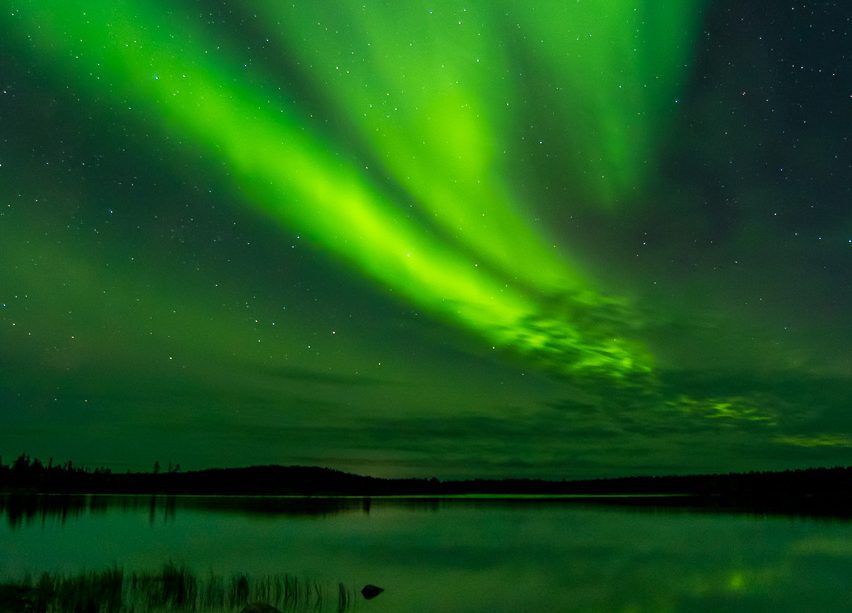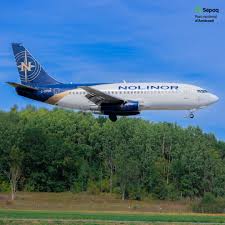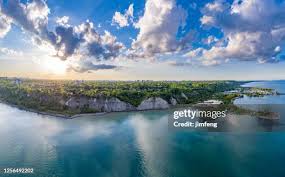Exploring the Northern Lights: The Aurora Borealis

The Beauty and Science of the Northern Lights
The Northern Lights, widely known as the Aurora Borealis, are one of the most breathtaking natural phenomena on Earth. These shimmering lights, which dance across the night sky in vibrant greens, pinks, and purples, have captivated humanity for centuries. Their beauty is not only a visual spectacle but also a remarkable scientific occurrence that sheds light on the interactions between solar winds and Earth’s magnetic field.
What Causes the Aurora Borealis?
The northern lights are caused by charged particles emitted by the sun. When these particles collide with gases in the Earth’s atmosphere, they emit light, creating the stunning display we see. This phenomenon is usually observed in high-latitude regions close to the magnetic poles, including parts of Canada, Norway, Sweden, and Alaska. The best time to see the auroras is during the winter months when nights are longest and skies are clearest.
Recent Events and Sightings
Recent space weather events have sparked heightened interest in aurora sightings. In late October 2023, a significant solar storm produced vivid auroras visible in various locations, including southern regions not typically associated with their occurrence. From Vancouver to even parts of the Northern U.S., enthusiasts reported stunning views of the auroras during this solar event, showcasing the beauty of the phenomenon beyond its usual breeding grounds.
Tourism and Cultural Significance
In recent years, the popularity of aurora-viewing tours has surged, with travelers flocking to locales known for optimal viewing conditions. In Canada, cities like Yellowknife in the Northwest Territories have become hotspots for those seeking to experience this natural wonder. Cultural connections to the auroras are also rich, particularly among Indigenous communities who have crafted stories and legends around the lights, interpreting them as messages from ancestors or spirits.
Conclusion: The Future of Aurora Watching
The Northern Lights continue to inspire awe and wonder among people of all ages. As climate change affects weather patterns, it may impact the visibility of the auroras in the future. Increased global interest in such phenomena also raises questions about sustainability in tourism. As we gear up for another winter season, understanding and respecting the natural phenomena like the Aurora Borealis will ensure that future generations can also enjoy and marvel at this eye-catching display. Whether you’re a seasoned sky-watcher or a curious traveler, witnessing the northern lights is an unforgettable experience that highlights the beauty and mystery of our planet.








